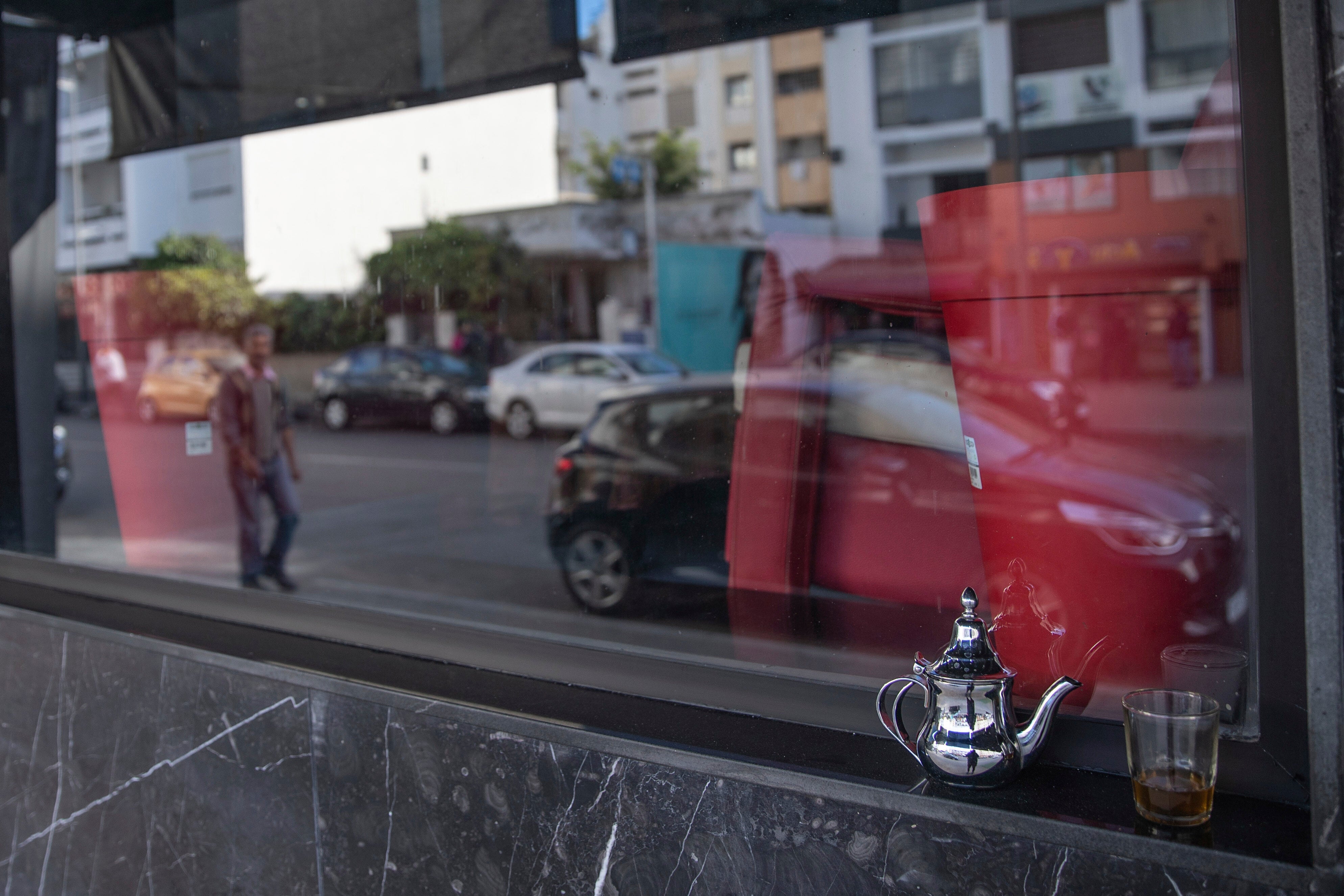Morocco acquires 65 million vaccine doses from China, UK
Morocco announced it has acquired 65 million doses of COVID-19 vaccines from China’s Sinopharm and Britain’s AstraZeneca

Your support helps us to tell the story
From reproductive rights to climate change to Big Tech, The Independent is on the ground when the story is developing. Whether it's investigating the financials of Elon Musk's pro-Trump PAC or producing our latest documentary, 'The A Word', which shines a light on the American women fighting for reproductive rights, we know how important it is to parse out the facts from the messaging.
At such a critical moment in US history, we need reporters on the ground. Your donation allows us to keep sending journalists to speak to both sides of the story.
The Independent is trusted by Americans across the entire political spectrum. And unlike many other quality news outlets, we choose not to lock Americans out of our reporting and analysis with paywalls. We believe quality journalism should be available to everyone, paid for by those who can afford it.
Your support makes all the difference.Morocco announced it has acquired 65 million doses of COVID-19 vaccines from China’s Sinopharm and Britain’s AstraZeneca as the north African kingdom prepares to launch a COVID-19 vaccination program that aims to immunize 80% of the country’s adult population.
Health Minister Khalid Ait Taleb announced the figure at a Cabinet meeting Thursday, but didn't say whether the first doses have already arrived in Morocco. The government didn't indicate whether the vaccines were purchased or provided by Covax, the global project to provide vaccines to developing countries, or a combination of both.
Morocco has one of the most advanced vaccination plans in the region. The country has also reported the second-highest number of virus infections and deaths in Africa, after South Africa.
The Moroccan health minister said the government's target is vaccinating 25 million of the country's 36 million people, all free of charge, according to orders from King Mohammed VI.
While the Moroccan government has been promising vaccinations since earlier this month, the minister said preparations have now reached a “very advanced” stage. He said authorities were carrying out simulations at all the immunization sites “to avoid any obstacles that may arise during the implementation of the vaccination program.”
In a first phase, the vaccine will be administered to medical personnel, public authorities, security services, education workers and people suffering from chronic diseases. The Ministry of Health said it has deployed a computerized system to register the target population and track their health status after they receive the vaccine.
Morocco has said it will start its vaccination program with the Sinopharm vaccine, though it hasn't yet completed advanced trials to prove that it's safe and effective. The vaccine, which was tested on 600 Moroccans as part of clinical trials this autumn, has been approved for emergency use in a few countries and the company is still conducting late-stage clinical trials in multiple countries.
Morocco's initial vaccine deliveries will come from China but Morocco also plans to produce the vaccine locally.
The AstraZeneca vaccine is still in advanced trials in countries including Britain and the U.S. and hasn’t been approved yet.
Morocco’s daily virus case count has fallen slightly in the last two weeks, but a dip in testing is raising concerns that the virus could be spreading faster than reported.
As a preventive measure to curb the spread of the virus during New Year’s celebrations, authorities banned public and private gatherings, closed restaurants in the country's main cities, and imposed a curfew that went into effect Wednesday night and is set to last for three weeks.